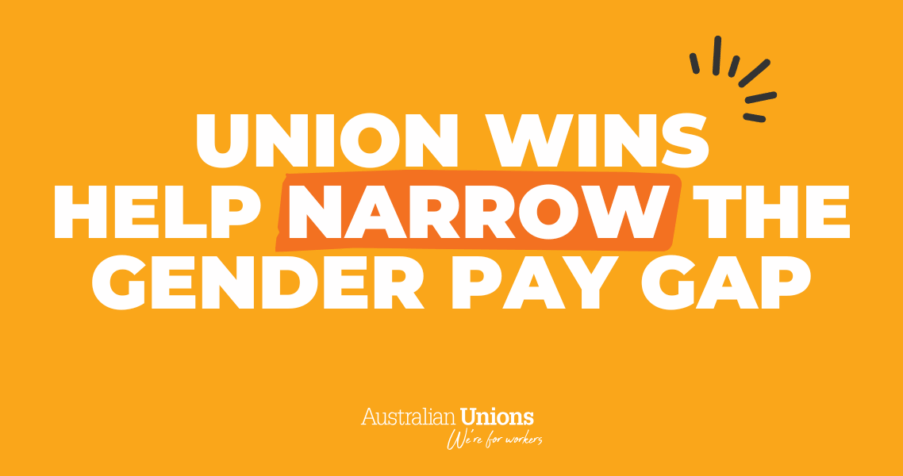We know the human faces of Australia’s care crisis too well.
The aged care worker forced to work across multiple facilities in the midst of a pandemic. The nurse pulling yet another night of excessive overtime while figuring out how much longer they can survive in the industry. The childcare educator trying to understand why they earn as little as $24 an hour.
Wage growth has barely budged for a decade and workers in care industries feel the brunt. They already suffer a significant gender pay gap and insecure work due to the undervaluation of care work.
That’s why union members are calling on the Federal Government to implement a National Care Compact – a proposal of reforms that will address the systemic issues causing workers to walk away.
The National Care Compact brings to attention the five main issues that are pushing workers to breaking point. It implores the government to address these inadequacies by providing secure work and fair pay, more staff, safe workplaces, accessible and affordable care – and to ensure that these changes are upheld.
Addressing the cracks in the sector is long overdue. The care compact provides more than job improvement for workers. It is an investment in the dignity and quality of life of the many Australians – young and old – who depend on carers.
How will a National Care Compact open doors for women?
Women carry the majority of caring responsibilities, both in the home and in the industry. For this reason, we need to shift our thinking from ‘career feminism’ to ‘care feminism’ – that is, putting care at the centre of the economy.
While women in corporate environments have been the focal point of gender equity in the workplace for many years, it is important for us to remember feminism does not solely consist of equal gender representation on boards or having a woman occupy the top position in a company (companies with women CEOs or senior executives are just as likely to exploit workers or commit wage-theft for example). We must also remember that the women working in care industries make enormous contributions to the Australian economy. That is what care feminism is about.
The care industry is set to experience the most job growth over the next five years, yet women are leaving in droves. Things like low staff to patient ratios, insecure hours, and low pay has resulted in a major skills drain from the sector at a time where the pressure is highest – staff shortage in the aged care industry has doubled in less than a year.
United Workers Union aged care director Carolyn Smith explains that while simpler recommendations from the Royal Commission into aged care had been implemented, the recommendations around staffing had yet to be put in place.
Carolyn said this means aged care workers are “physically pushed to the edge, but they’re also emotionally pushed to the edge, and when you talk to aged care workers they talk about this huge psychological burden they feel, like they’re never doing well enough.”
The United Workers Union along with the Health Services Union and the Australian Nurses and Midwives Federation are pursuing a work value case for aged care workers so they can get the funding that they need to keep afloat.
And the crisis in paid care increases pressure on those delivering unpaid care – the majority of which are women. ACTU president Michele O’Neil says, “Over 116,000 women couldn’t work at all last year because they couldn’t get any support with caring for children and others.”
Care work comes with an enormous amount of undervalued emotional labour. For too long, care workers have been forced to tolerate unreasonable conditions while holding up the rest of the economy.
Making the care industry a great place to work via a National Care Compact will improve the lives of women who work in the sector by keeping them in their jobs, and the women who depend on carers to participate in the job market.
The Compact represents what care workers in unions have been implementing for years. We can see how their efforts have paid off in the form of pay increases for low paid workers and the smaller gender pay gap experienced by union members. As union members, we act to make changes that benefit everyone.






SHARE:
Australia’s care crisis requires an industry overhaul